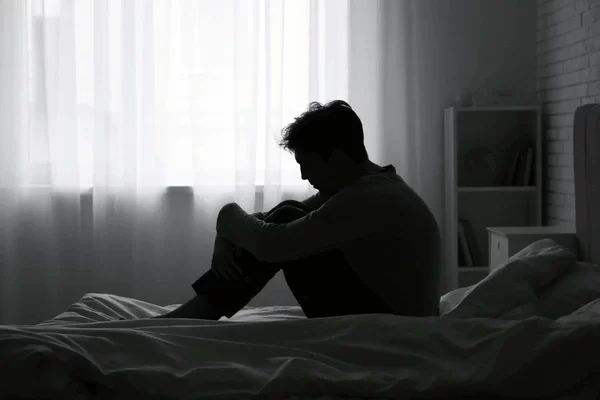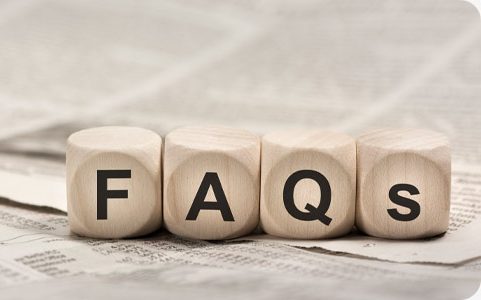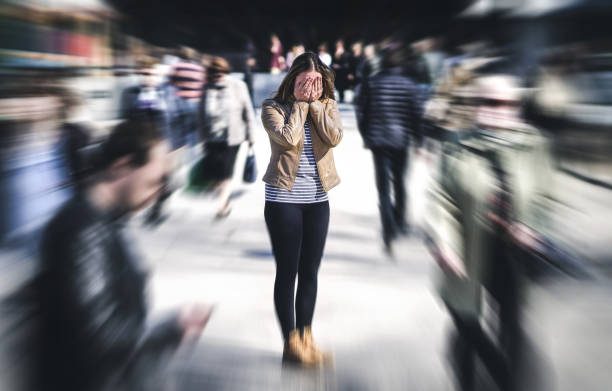1. What is depression? Is it just sadness?
No, depression is not just sadness. While everyone feels low at times, clinical depression is a serious mental health condition. It affects mood, thoughts, energy, appetite, and sleep. People with depression often lose interest in things they once enjoyed and may feel hopeless or worthless. If these symptoms last for more than two weeks, it’s important to seek help from a mental health professional.
2. What causes depression?
Depression doesn’t have a single cause. It’s usually a mix of biological, psychological, and social factors. Family history, brain chemistry, major life events, stress, and trauma can all contribute in their own way. In Nepal, increasing urban stress, job insecurity, and social isolation are becoming major triggers. Consulting a psychiatrist can help determine the cause and guide appropriate treatment.
3. Can I have depression without having any stress?
Yes, you can have depression even without any obvious external stress. While stress, trauma, or life problems can trigger depression, many people develop depression without any clear reason. This is because depression is a biological illness made worse by stress. Some people may also have a genetic and neurobiological vulnerability to depression, meaning they can experience symptoms even when life seems stable.
4. Can depression be treated?
Yes, depression is treatable. Most people respond well to a combination of medication, therapy, and lifestyle changes. Antidepressants can balance brain chemicals, while psychotherapy helps address negative thought patterns. If you’re searching for effective depression treatment in Nepal, it’s best to consult a qualified psychiatrist in Nepal for a personalized treatment plan.
5. Do I have to take medication forever?
Not necessarily. Many people take antidepressants for a few months to a year, depending on the severity and number of past episodes. Your psychiatrist will monitor your progress and decide when it’s safe to reduce or stop the medication. Always consult with a psychiatrist who is the best guide to make changes in your medication.
6. Is therapy useful in depression?
Yes, therapy may be a vital part of depression treatment. Approaches like Cognitive Behavioral Therapy (CBT) are very effective in changing harmful thought patterns and building coping skills. If you prefer non-medication options or want to combine both, therapy with a trained mental health professional can be helpful. However, therapy alone may not be effective in moderate to severe cases of depression.
7. How do I support a loved one with depression?
Support begins with empathy. Listen without judgment and avoid advising, “just be positive.” Encourage your loved one to speak with a mental health expert. Offering to accompany them to appointments or helping with daily tasks can also make a difference. Early support and professional care from a psychiatrist can greatly improve outcomes.
8. Can depression affect physical health?
Yes, untreated depression can lead to physical problems such as chronic pain, headache, sleep issues, dizziness, fatigue, and even weakened immunity. Mental health and physical health are deeply connected. Taking care of your emotional well-being is just as important as your physical health. Consult the best psychiatrist near you to prevent long-term complications.



Hello doctor
I wanted to ask few questions whose answers I haven’t found yet.
1. Is depression a sign of weakness? ( Like a Person who is depressed is called weak guy, psychologically frail)
2. Can anyone fully recover from depression or is there always a chance of relapse?
3. Do antidepressants affect the personality of the individual taking the medication?
It would be great if these questions are answered as someone who is close to me is facing this mental health problem.